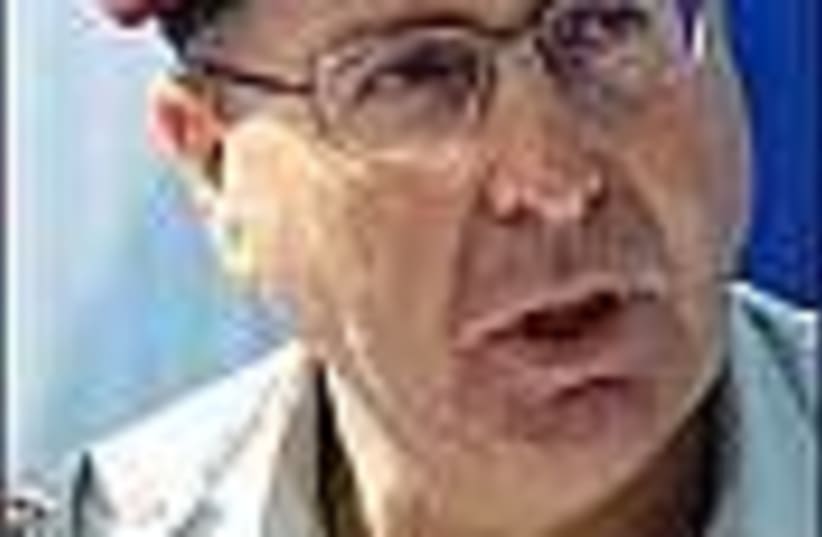| JPOST.COM HIT LIST | |
| JPost.com's most popular articles this past week |
Our existential struggle: A matter of no choice
Within Israel and without, Israel's legitimacy is being questioned, and not only on the fringes.


| JPOST.COM HIT LIST | |
| JPost.com's most popular articles this past week |